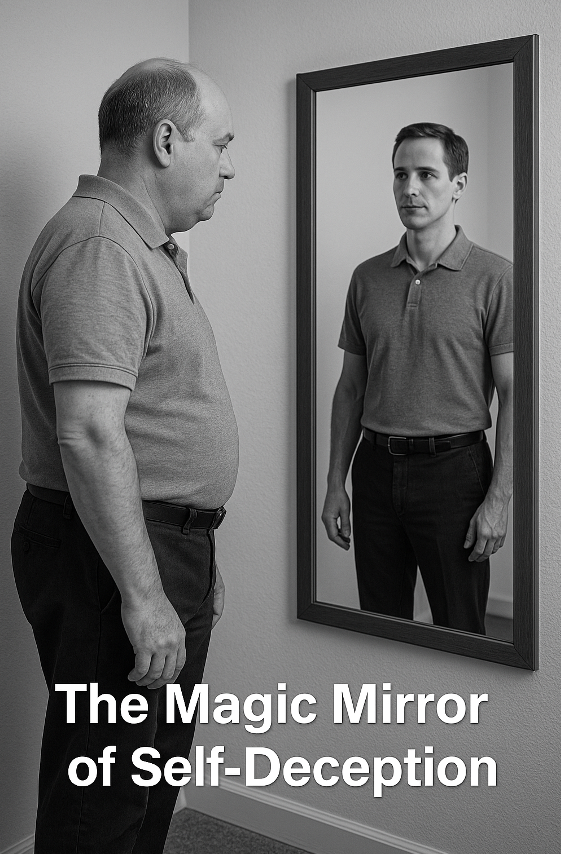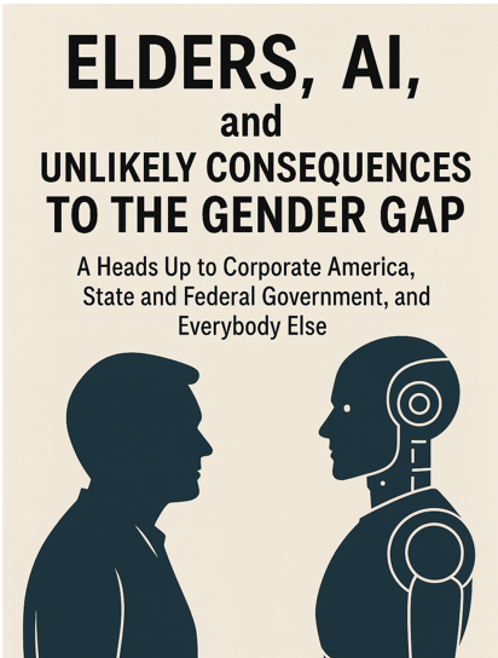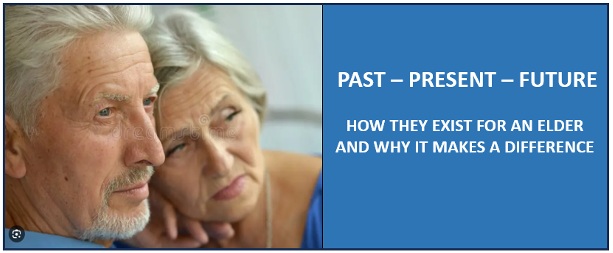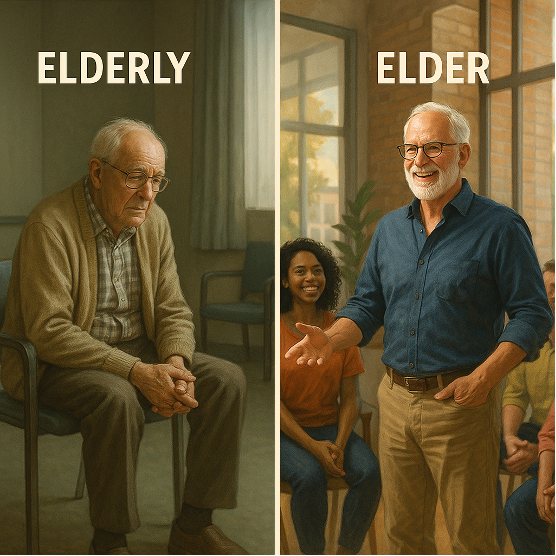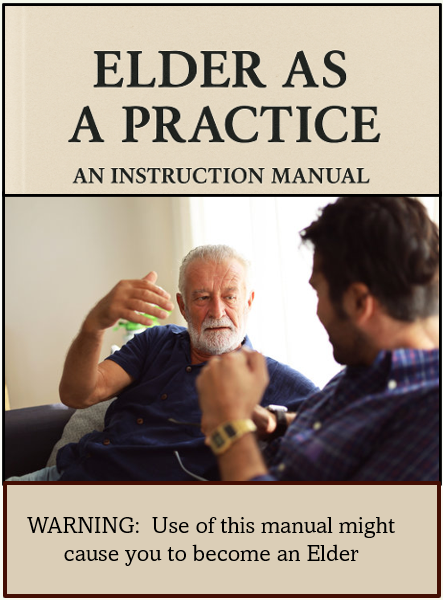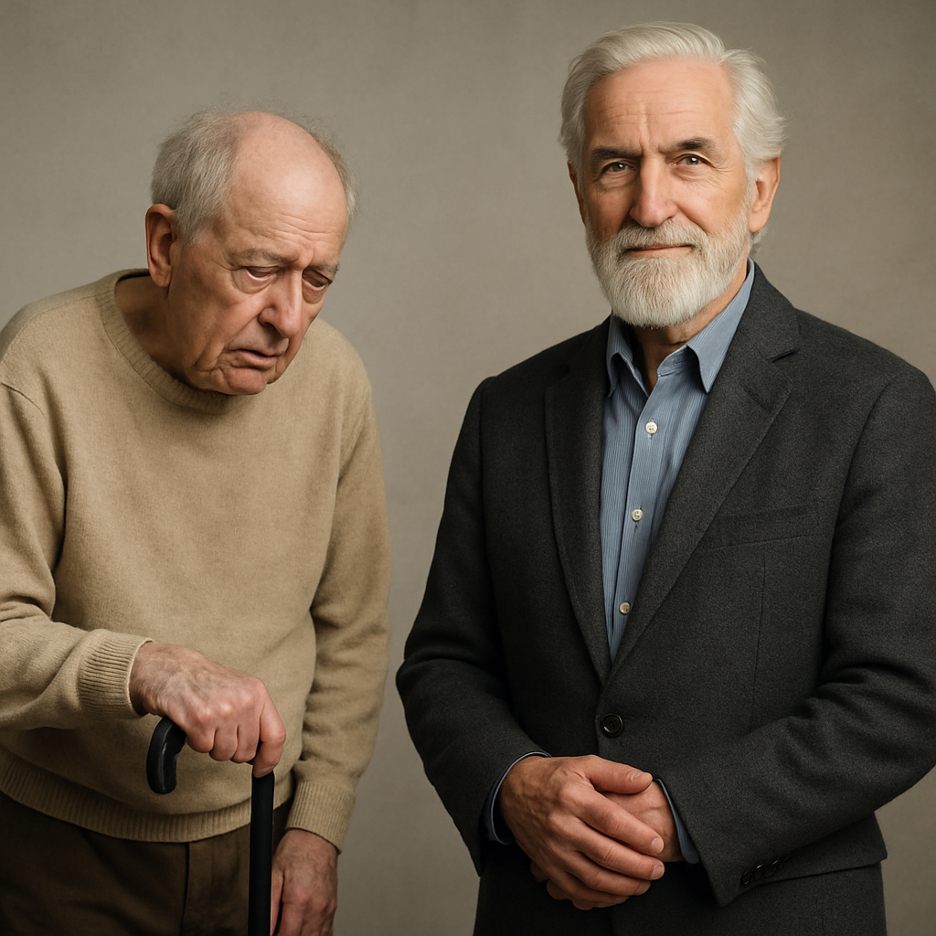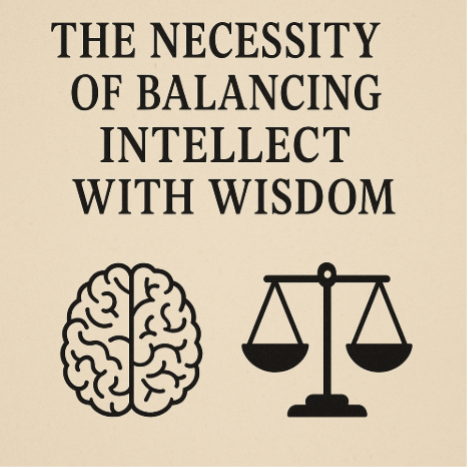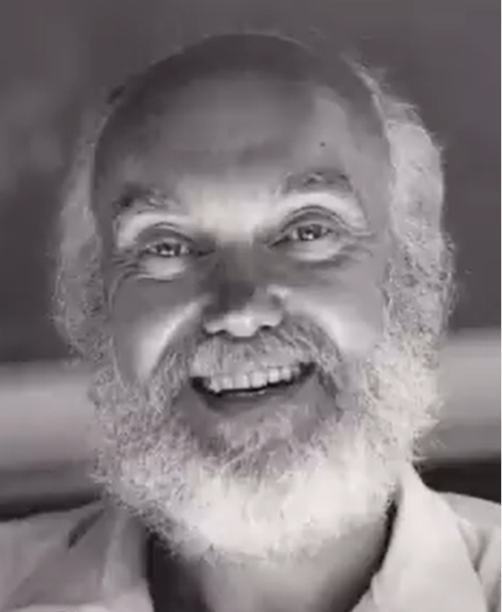THE CONTEMPORARY ELDER’S RELATIONSHIP WITH DEATH
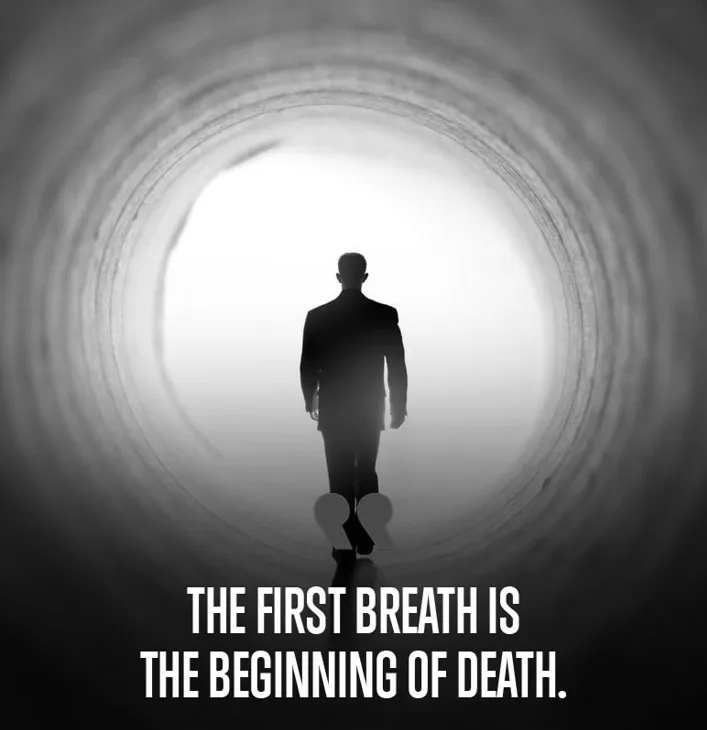
THE CONTEMPORARY ELDER’S RELATIONSHIP WITH DEATH
We have conversations about death and dying as part of our retreats and some of our Sangha online meetings at the Contemporary Elder Institute. These conversations intend to allow us to be much more prepared when death happens, but more importantly, it empowers our daily lives with more richness and meaning.
Being present between the curtain of life and death when someone is dying is always challenging, but it can also be a privilege to witness. Being alongside someone in that liminal space, that intermediate state between life and death, compels us to reflect on our relationships, love, how we are living, and what we might want to do with the remainder of our lives.
We prepare for milestones like childbirth and marriage but rarely for death. Our aversion to confronting death is inherent in our youth-oriented western materialistic culture. As a result, when first entering our Sangha, many of us are unprepared to deal with our death. But we have come to understand that until we directly deal with death, we would continue operating in a pocket of denial until the end of our lives.
Embracing death’s inevitability is our first step to removing some of the fear and mystery. Death reminds us of life’s brevity and impermanence and prompts us to live more consciously. Death becomes one of life’s most transformational teachers.
When broaching a subject as broad and complex as death, our starting point is some of the more practical matters like writing a will, funeral planning, advance care planning - how you would like to be cared for when you are ill, and specifying what medical treatment you may not want. So yes, putting your household and business affairs to avoid family and tax issues after death is vital.
This end-of-life planning helps avoid family tension, fall-outs, and anyone making difficult decisions on your behalf. On a more practical level, you won’t leave anyone to second-guess what you want or with a pile of stuff to sort out after you’re gone. We provide a checklist for our Sangha members in this regard. Click HERE to access. (Checklist provided by Mourning Feather Doulas, LLC.)
Contemplating death isn't morbid, perverse, or sinister. Instead, it’s a chance to resolve the inevitable without anxiety or regret. Being with death gives you time for reflection, observation, and gaining greater life awareness.
Contemporary elders engaged in several practices - meditation, yoga, energy healing, visualization, and self-awareness - valuable tools to help deal with the emotional baggage collected in life and many of those fears associated with death and dying.
Usually, it takes death or dying to start thinking about life. To fully appreciate how extraordinary life is. Someone or yourself dying can become more present in a way they haven’t been, prioritizing what's important, adjusting their attitude, and being more aware of their mortality.
But the profundity of death can lead to certain realizations about life. To feel connected to something much more significant than yourself. The little things taken for granted are transcended from the everyday - sharing a moment, a walk, or a hug. Being conscious of death allows living more in the present moment more accessible.
You and I each live extraordinary and ordinary lives, and we all have two days in common - the day we are born and the day we die. We cannot predict how or when we will die, but we can learn to accept death as a natural and present part of our existence.
Death gives you clarity. Death allows you to be more present and see everyday beauty and individuality in people, relationships, nature, and life experiences.
Death opens the spiritual channel. Once you are aware of your mortality, your spiritual search will be unwavering.
For me and others in our Sangha, death moves us to greater responsibility for ourselves, our relationships, and the world around us. For us at the Contemporary Elder Institute, whatever time we have left, it is our point in time to make a difference.
Fortunately for the institute, we have on our elder council Reverend Stephen Garrett. A renowned and highly acclaimed professional in the death trade. His years of experience, insights, and knowledge in grief, death, and dying bring our relationship with death and dying to a dynamic and awakened level. Learn more about Stephen HERE.
“For most people, life and the experience of life seem to be relative, but death is absolute. It takes this absoluteness of death to wake people up.” - Sadhguru
THE CONTEMPORARY ELDER RETREAT
The September Contemporary Elder Retreat has only ten spaces remaining. On day three of retreat, we will work on death, dying, and its partner, an awakened, conscious, and self-determined late-age life.
If you are in your sixties and beyond, this might be what is next for you. To alter your relationship with death is life-giving. www.requestingwisdom.com/retreat
